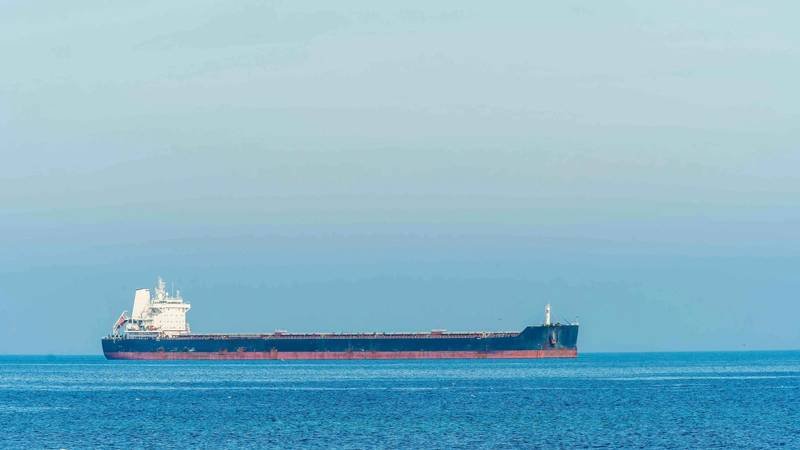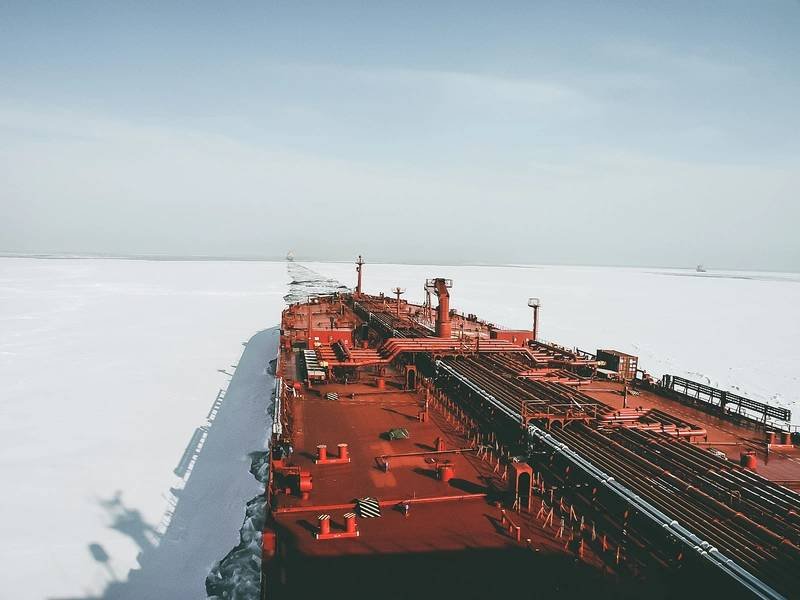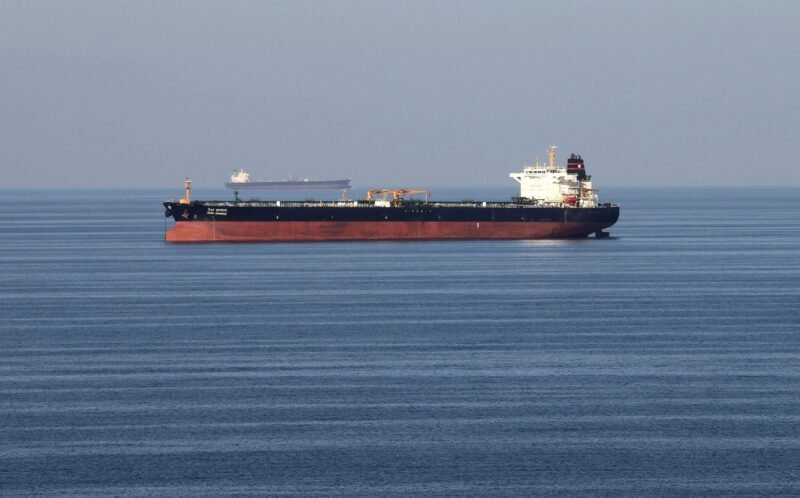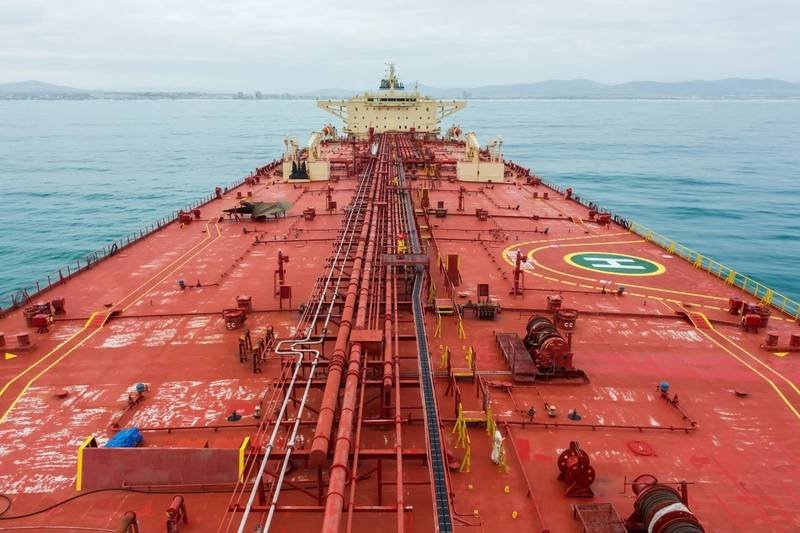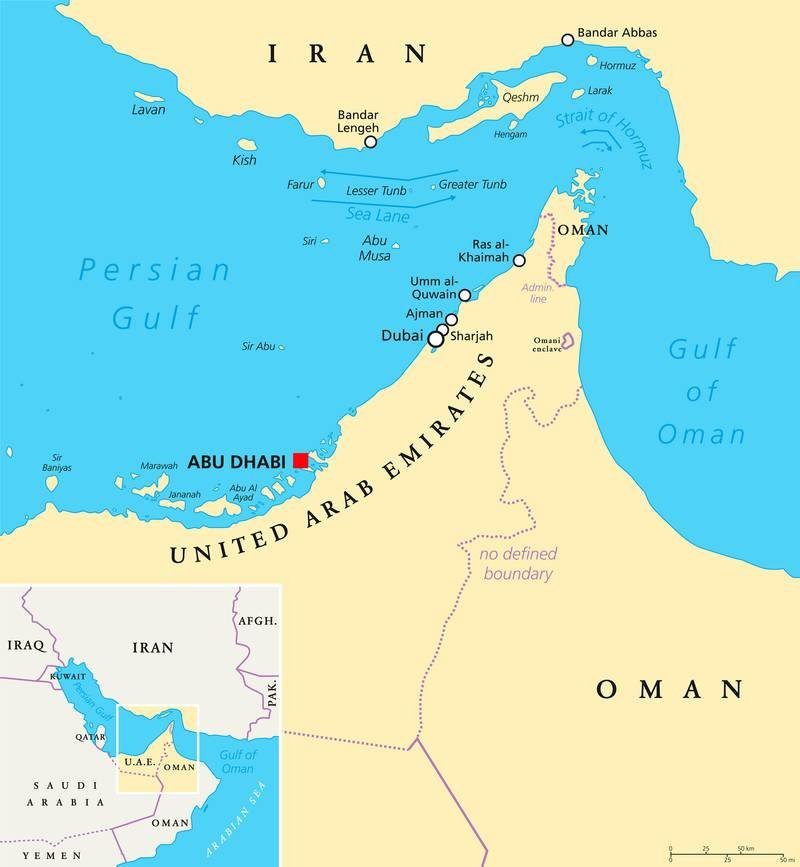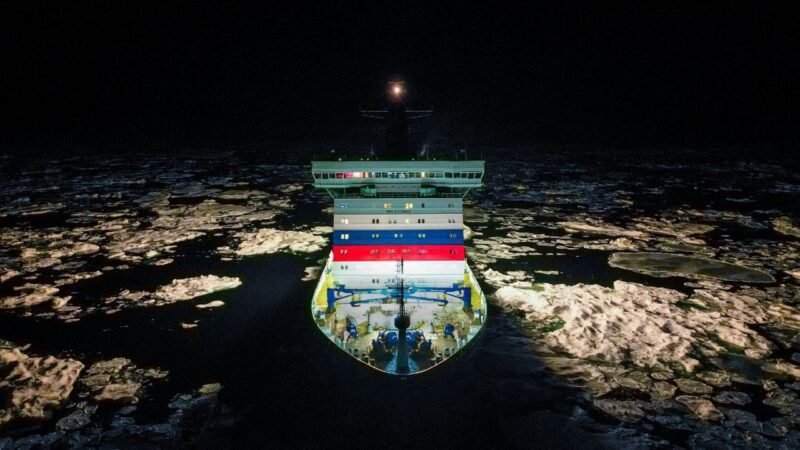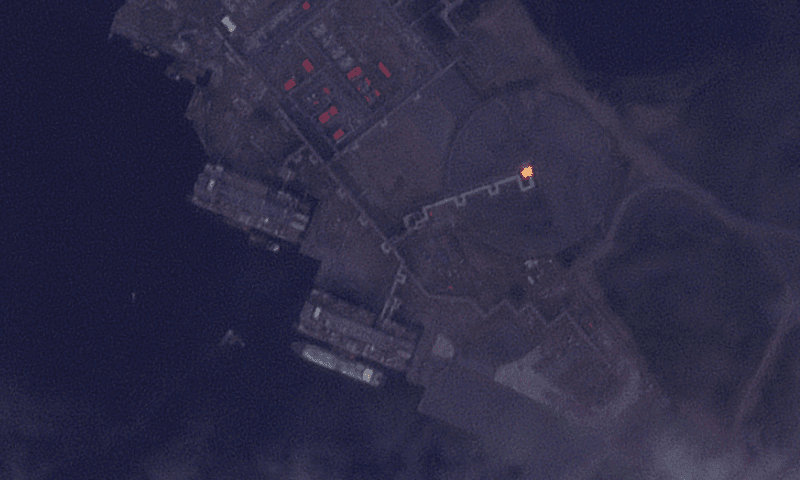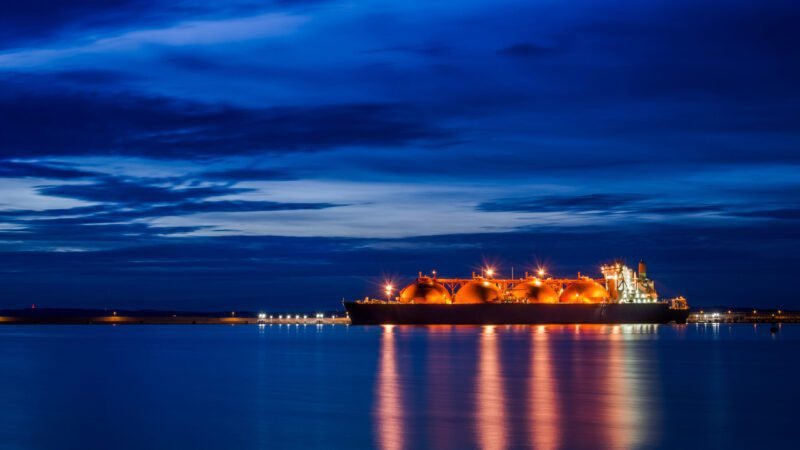The G7 countries are gradually increasing pressure on the tanker fleet transporting Russian oil, with the UK imposing sanctions on 11 additional tankers. New British Prime Minister Kier Starmer, together with 44 European nations, announced a plan to combat the Russian shadow fleet. So far, the sanctions have caused disruptions for affected tankers but have not significantly impacted oil supply or freight costs.
A third of the tanker fleet of Sovcomflot PJSC is under sanctions, but the shadow fleet attempting to circumvent G7 restrictions is relatively small. Moscow may need to rely on price-capped Western-owned ships in the future if more tankers are targeted. Efforts by Russia to covertly transport oil on sanctioned tankers suggest that buyers are hesitant to openly defy US sanctions, potentially increasing transportation costs.
The sanctions have not yet significantly impacted the tanker market as a whole, with stable freight rates for transporting sanctioned Russian oil. Russian oil companies still have enough ships to transport their products, raising the question of whether the West is willing to take further actions to disrupt the tanker fleet. The future of the situation remains uncertain, with potential implications for the oil market and global shipping industry.







